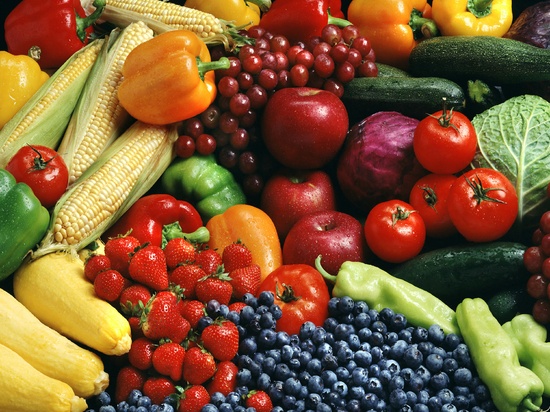Phytochemicals are the active substance in the plants that give them their color, flavor, odor, and protection against plant diseases. Phytochemicals work as powerful antioxidants which can increase our resistance to disease and boost immunity. These are also called phytonutrients which are potentially helpful compounds.
Most of the researches mainly focuses on the anti-carcinogenic effects of phytochemicals which are equally important to those who just want to boost their immune system or acts as an anti-aging. Examples of Phytochemicals are flavonoids, phenolic acid, curcumin, carotenoids, isothiocyanates. These have promising benefits. Some phytochemicals have been used as poison and others as traditional medicine.
What Studies has to say
Scientists on Human Nutrition Research Centre on Aging(HNRCA) have listed 60 fruits and vegetables for potency of antioxidants which stabilizes the cells and helps in fighting the damaging effects of free radicals (molecules that weeks the immune system). Antioxidants help in avoiding cancer and heart diseases.
Studies have revealed that blueberry is the topmost fruit with the highest phytochemical property. The darker the color, the better it is for consumption. Many of these antioxidants also have anti-inflammatory properties and some may help in naturally reducing blood cholesterol. It is important to have food of multiple colors like a rainbow. One can eat blues, reds, purples, yellows, greens, oranges.
FDA studies show that frozen fruits and vegetables are as nutritious as fresh produce from the farm. It would be best if you are able to grow your own fruits and vegetables at home or buying directly from farmers which are considered as highly nutritious fruits and vegetables among all. The value of most supplements is ineffective. The power of phytochemical seems to be lost when removed from the food.
Common Sources:
Fruits – Apples, Apricots, Avocados, Bananas, Berries, Cherries, Citrus fruits, Grapes, Kiwi fruit, Lemon, Mangoes, Melons, Oranges, Papayas, Pears, Plums.
Grains – Barley, Cornmeal, Wholegrain, Quinoa, Brown rice, Wheat.
Nuts and Seeds – Flaxseeds, Walnuts, Sesame seeds.
Vegetables – Asparagus, Beans, Broccoli, Cabbage, Carrot, Cauliflower, Mushrooms, Onions, Dark green leafy and lettuces, Sweet potatoes, Pumpkins, Soyabeans, Tomatoes.
Eating foods that are rich in phytochemicals may decrease the risk of certain diseases like cancer, diabetes, BP, and heart disease.

 Phytochemicals are chemicals produced through plant metabolism. These have disease preventive properties.
Phytochemicals are chemicals produced through plant metabolism. These have disease preventive properties.









.jpeg)

.jpeg)
.jpeg)

.jpeg)


.jpeg)



.jpeg)
.jpeg)
.jpeg)


.jpg)


.jpeg)
.jpeg)